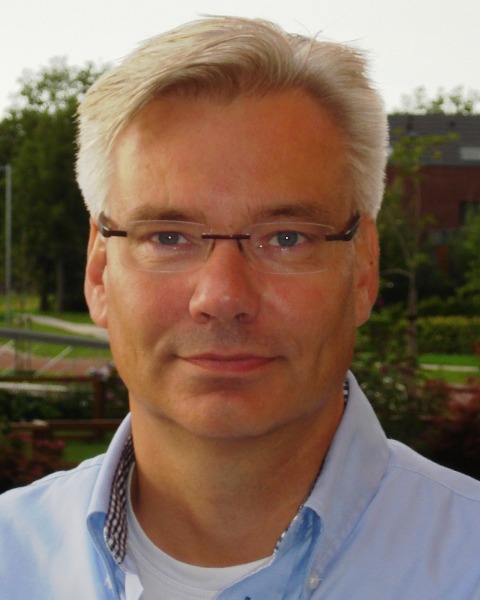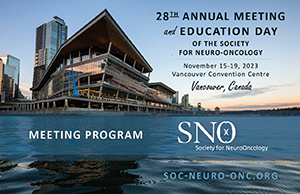
Frank A. Kruyt
University Medical Center Groningen
Groningen, Netherlands
Prof. dr. Frank A.E. Kruyt, Professor of Experimental Oncology, Department of Medical Oncology, University of Groningen, University Medical Center Groningen, The Netherlands
2011-present Professor of Experimental Oncology, University of Groningen, University Medical Center Groningen, The Netherlands
2008-2011 Associate-professor, Department of Medical Oncology, University of Groningen, University Medical Center Groningen, The Netherlands
2001-2008 Associate professor, Department of Medical oncology, VU University Medical Center, Amsterdam, The Netherlands
1999-2001 Post-doc, Department of Medical oncology, VU University Medical Center, Amsterdam, The Netherlands
1997-1999 Post-doctoral research associate, Department of Molecular and Human genetics, Baylor College of Medicine, Houston, Tx, USA
1993-1997 Post-doc, Department of Human genetics, VU University Medical Center, Amsterdam, The Netherlands
FAEK did his PhD research in the area of developmental biology at the Hubrecht Laboratory, Utrecht. His postdoctoral research was aimed at cloning and elucidating the function of genes in the genomic instability and cancer prone disorder Fanconi Anemia at the VU University in Amsterdam and Baylor College of Medicine, Houston, Tx, USA. Back in the Netherlands, joining the department of Medical Oncology at the VUMC, Amsterdam, he explored the possible use of the Fanconi Anemia pathway as a potential target for developing anti-cancer therapy employing dominant negative approaches in gene therapeutic strategies. At the same time research in the field of experimental oncology was further extended, focussing on apoptosis-inducing strategies as experimental treatments for solid tumors, in particular lung cancer, and mechanisms of cell death regulation were explored also using proteomic and kinomic strategies. Currently at the UMCG in Groningen, recognizing the importance of cellular heterogeneity within tumors and the high plasticity of tumor cells, his lab has developed cancer stem cell – tumor microenvironment interaction models, particularly for studying highly malignant brain tumors (glioblastoma) in order to identify key molecular mechanisms that may be exploited for developing novel therapeutic strategies.

